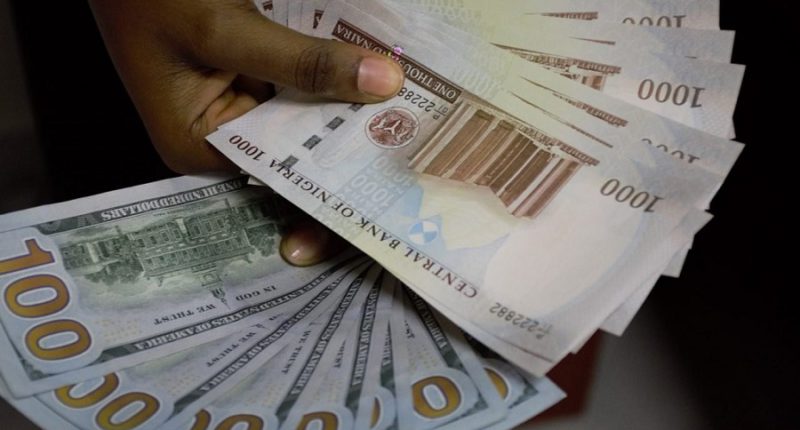Undoubtedly, the naira-dollar difference has put more pressure on businesses over time. Companies have already started to calculate their losses due to the exchange rate uncertainty, which threatens their trading profits. Many businesses have never been able to access foreign exchange from commercial banks, which can only be obtained based on allocations from the Apex bank, even though the Central Bank of Nigeria’s official Import and Export (I&E) window remained at N430 to the dollar.
The National Bureau of Statistics in Nigeria reports that in July 2022, the annual inflation rate rose to 19.64%. The most recent inflation rate surpasses that of September 2005. The naira is still pressuring the price of imports. Other pressures come from the transportation of people, liquid fuel, and gas.
What is the effect?
Low purchasing power
The instability of the naira exchange rate makes it hard for businesses to access foreign currency at the government rate. They are now stuck with buying from the bureau de change which sells at two times the official price and prices can rise at any time.
When this happens, a decreased profit margin starts to creep in. The profitability of a business declines as operational costs rises. Some of the things that happen to businesses are distrust, a smaller profit margin, and rising production costs.
Client mistrust of the business enters when customer funds can no longer give them the value, they gave them a few weeks ago. For example, a buyer can order goods from a seller when the exchange rate is at 700 naira and when the seller goes to the market.

